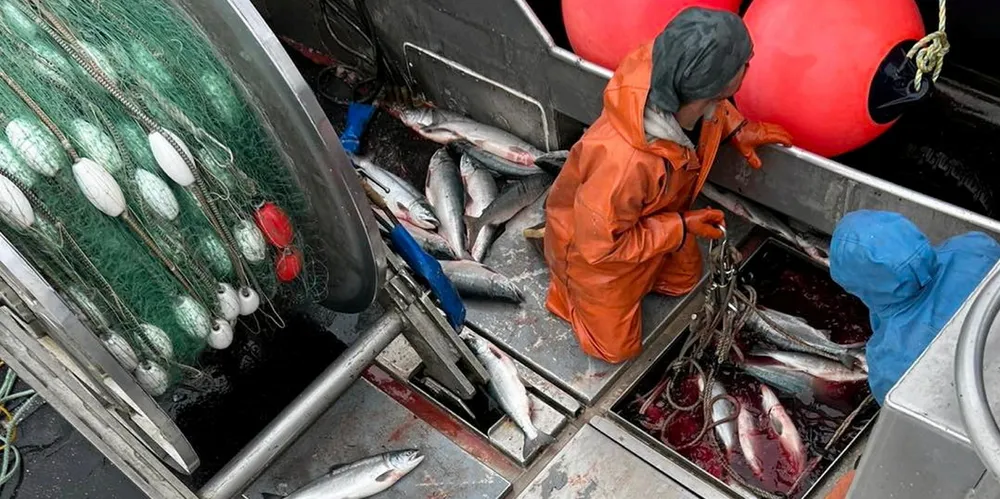Bristol Bay fishermen outraged, call Alaska sockeye base price an 'epic failure' as season winds down
'If I knew the price per pound, I wouldn't have paid thousands of dollars on airfare just to make a few bucks,' said one Bristol Bay fisherman.

'If I knew the price per pound, I wouldn't have paid thousands of dollars on airfare just to make a few bucks,' said one Bristol Bay fisherman.
